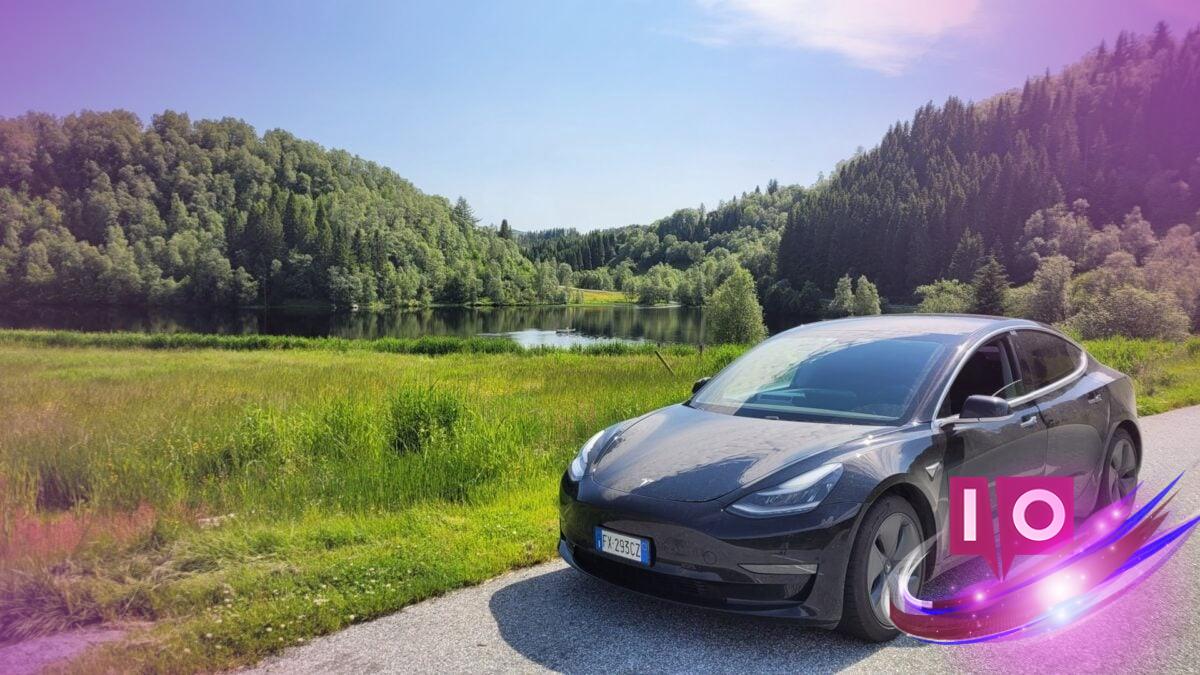In an unexpected turn of events, Tesla sales have plummeted by around 40% in Europe during the first half of 2025, according to new figures from the European Automobile Manufacturers’ Association (ACEA). This decline signals significant challenges for the electric vehicle (EV) giant.
As competition intensifies, particularly from Chinese automakers like BYD, consumer preferences seem to be shifting away from Tesla. Furthermore, Elon Musk’s visible political engagement has created friction in a market that is already rich in alternative EV options.
“Tesla sales are in a hard decline in Europe, suggesting that Elon Musk’s polarizing political stance is affecting the brand’s image here,” said Russ Mould, investment director at AJ Bell, as reported by the Independent.
It’s crucial to note that European consumers are indeed embracing electric vehicles—a fact underscored by ACEA’s data indicating a robust 33.6% increase in EV sales across the EU, UK, and EFTA regions from the previous year. However, Tesla isn’t benefitting from this surge, creating additional complications for a company facing a fluctuating share price over the past year.
What does this mean for Tesla’s future?
The sharp decline in sales has pushed Tesla’s market share below 1%, a worrying sign as the company grapples with brand perception, pricing pressures, and an absence of new models to counteract increased competition. From January to July, Tesla’s sales have dropped by more than a third compared to the same timeframe in 2024. New battery EVs now represent over 15% of the European auto market, highlighting this sector’s rapid evolution.
Adding to Tesla’s challenges, BYD outperformed by selling 13,503 units in July—nearly double Tesla’s 8,837 vehicles. With a recent leap in global revenue, BYD has launched a battery that can be charged in just five minutes, positioning itself as a formidable contender in terms of affordability and technological edge.
Who are Tesla’s main rivals in the European market?
The competition landscape in Europe is heating up. Notable brands such as Volkswagen and Skoda (both under the Volkswagen Group), along with Vauxhall and Dacia, have reported impressive sales figures.
Volkswagen remains the leader, amassing over 872,000 new registrations—a 5% increase year-over-year, showcasing its steadfast commitment to electric mobility as the market evolves.
Is there any good news for Tesla amid these challenges?
While Tesla faces challenges, other brands like Jaguar also saw significant declines, with EV sales dropping by 99% after announcing plans to exclusively become an electric-only manufacturer by 2026.
Why are Tesla’s sales declining in Europe? The drop in Tesla’s sales in Europe appears to stem from increased competition and shifting consumer preferences against the backdrop of Musk’s controversial politics.
Are European consumers still buying EVs? Yes, electric vehicle sales across Europe have surged by 33.6%, indicating a vibrant market despite Tesla’s sales drop.
How is Chinese competition affecting Tesla? Chinese automakers like BYD are gaining market share rapidly, with innovations in technology and affordability that challenge Tesla’s position.
What brands are performing well against Tesla? Brands such as Volkswagen, Skoda, Vauxhall, and Dacia have reported gains in EV sales, outpacing Tesla’s performance in Europe.
What trends should Tesla watch for? The company’s future may hinge on increasing its model offerings and addressing brand perception, especially in a thriving EV market.
As the electric vehicle landscape continues to evolve, staying informed and adaptable will be essential for Tesla and its competitors. For more insights into the electric vehicle market, keep exploring the latest trends and developments at Moyens I/O.
